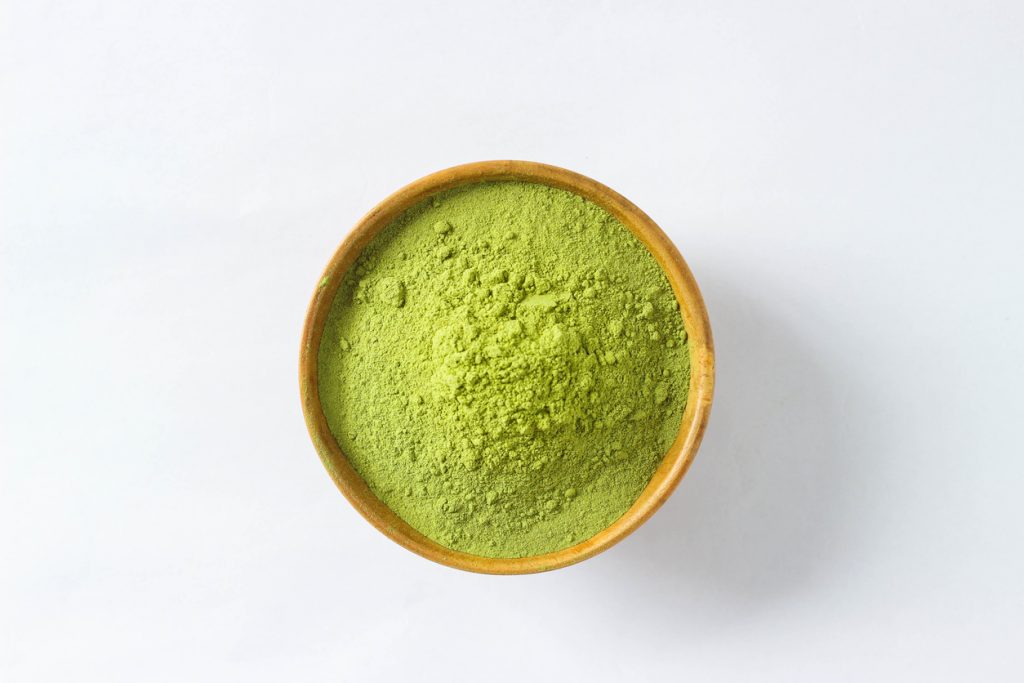
With more and more research proving the inextricable linkage between your central nervous system and the microbiota in your gut, it’s hard to deny that there must be a connection between the health of your gut and mental illnesses. Anxiety and depression in particular have become increasingly prevalent in today’s society, which means that understanding their cause is more critical than ever. As information about the importance of keeping the gut-brain healthy becomes more widespread, the hope is that many of the central nervous system disorders caused by a microbial imbalance (including anxiety and depression, but also autism and schizophrenia) can be naturally treated by things like probiotics and diet.
When it comes to anxiety and depression, there are four main ways that your gut microbiome can play a role. First, your gut microbiome influences your stress response, which can trigger both anxiety and depression. Second, when your gut becomes leaky, it can lead to both of these central nervous system (CNS) disorders. Third, an improperly balanced gut causes chronic inflammation in the body, which can be an underlying factor for both anxiety and depression. And, finally, when your gut-brain triggers the production of harmful peptides, it can lead to the development (or worsening) of a CNS disorder.
Looking at how your gut microbiome influences your stress response, you can begin to understand the link between your psychological health and your gut health. By treating your gut, rather than using chemicals to influence your brain, you can dramatically alter the way you respond to stress, eliminating the control anxiety and depression have on you.
Furthermore, when your gut begins to produce peptides (a harmful bacteria) because of an imbalance, it sends additional stress signals to your brain, which can trigger the neurological and physical symptoms of both anxiety and depression. By bringing your gut back to balance, you can control the production of gut peptides and, therefore, put a stop to your CNS disorder.
In addition to the extensive research being done on the link between your gut-brain and anxiety and depression, there’s also the intuitive knowledge you have about the way your symptoms are expressed. For most people, anxiety and depression go hand-in-hand with other digestive symptoms. By linking the psychological symptoms with the digestive symptoms, you can personally start to understand how your gut-brain impacts your overall health. So, while you might be familiar with many of the symptoms of anxiety and depression, here are some of the less-discussed physical side effects for you to consider:
- Autoimmune conditions
- Bloating
- Body aches
- Brain fog
- Constipation
- Diarrhea
- Gas
- Headaches
- IBS
- Leaky gut
- Nausea
- Nutrient deficiencies
- Sugar cravings
- Weight fluctuations
For decades modern medicine has taught us to pay attention to how the
brain influences the body. However, it’s equally important (if not
more) to understand the connection between the gut microbiome and the brain.
The more you start to pay attention to your gut, taking care of the trillions
of microorganisms living inside, the better you’ll feel. By starting with your
gut in order to treat anxiety and depression, you’re actually getting to
the root of the problem, rather than just treating a symptom.




About The Author: Kimberly Gerbers
More posts by Kimberly Gerbers